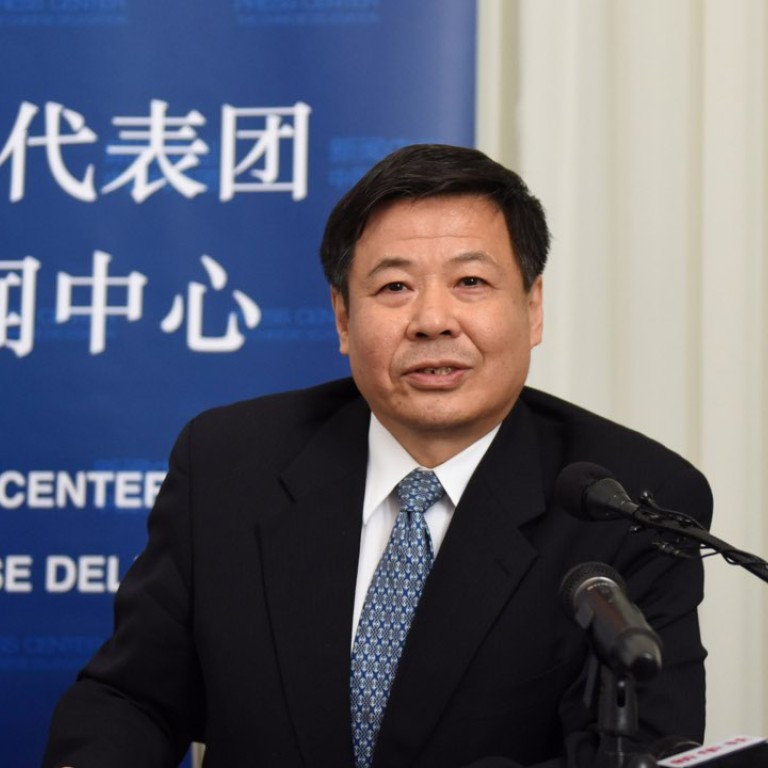
China tipped to relax fiscal rules to spur economy
The central government is expected to try to counter economic headwinds with a more progressive fiscal policy, possibly by allowing a higher ratio of debt to gross domestic product.
The expectations follow comments earlier this month by Vice-Finance Minister Zhu Guangyao, who has questioned whether fiscal restrictions derived from European Union standards more than two decades ago are still relevant today.
These benchmarks call for a deficit/GDP ratio of 3 per cent and a debt/GDP ratio of 60 per cent. “Rigidly” sticking to the concepts did not help reform or growth, Zhu told a financial summit hosted by Caixin in Beijing.
Leaders are due to meet next month for the annual Central Economic Working Conference, where they will set policy directions for 2016.
Li Ruoyu, an economist with the State Information Centre, an official think tank, said there was room to expand the fiscal deficit ratio next year to about 2.5 per cent. That is higher than the 2.3 per cent this year and last year’s 2.1 per cent.
Premier Li Keqiang has said the government should have a proactive fiscal policy, increase tax breaks, expand effective investment and speed up infrastructure spending. Addressing the Central Party School last month, Li said the red lines of 3 per cent and 60 per cent were not even observed in the European Union. “We don’t have to copy those standards, but even if we do, there is quite a lot of room left for us,” Li said, adding that the fiscal deficit ratio for China would not surpass 2.4 per cent this year.
I have required the Ministry of Finance to step up intensity of fiscal policy
China’s debt/GDP ratio was 56 per cent, much lower than 100 per cent in the United States and 250 per cent in Japan.
“I have required the Ministry of Finance to step up intensity of fiscal policy,” Li said.
China might take a cue from developed countries and expand its fiscal deficit to try to stop further economic decline.

There have been increasing calls for China to use fiscal policy to lift demand amid the central bank’s hesitation to inject too much money into the economy.
The People’s Bank of China said in its third-quarter monetary policy report last week it would not inject an excessive amount of money into the economy in an attempt to clear the market.
Jiang said there was limited room for further interest rate cuts, and fiscal policy needed to operate alongside monetary policy to boost demand.
Infrastructure construction as a pillar of investment would be one direction for fiscal fund flows. China spent 400 billion yuan (HK$485.6 billion) on railways in the first eight months – half the year’s target.
Jiang also pointed to the government’s plan to expand spending on public housing construction in the coming five years as it seeks to reduce poverty.
Li Ruoyu said there was not much room to spend more on rails and roads but other infrastructure areas such as underground pipelines or cable networks could absorb extra funds.
The government should make better use of the 4.6 trillion yuan in outstanding fiscal deposits, which is largely sitting idle.

